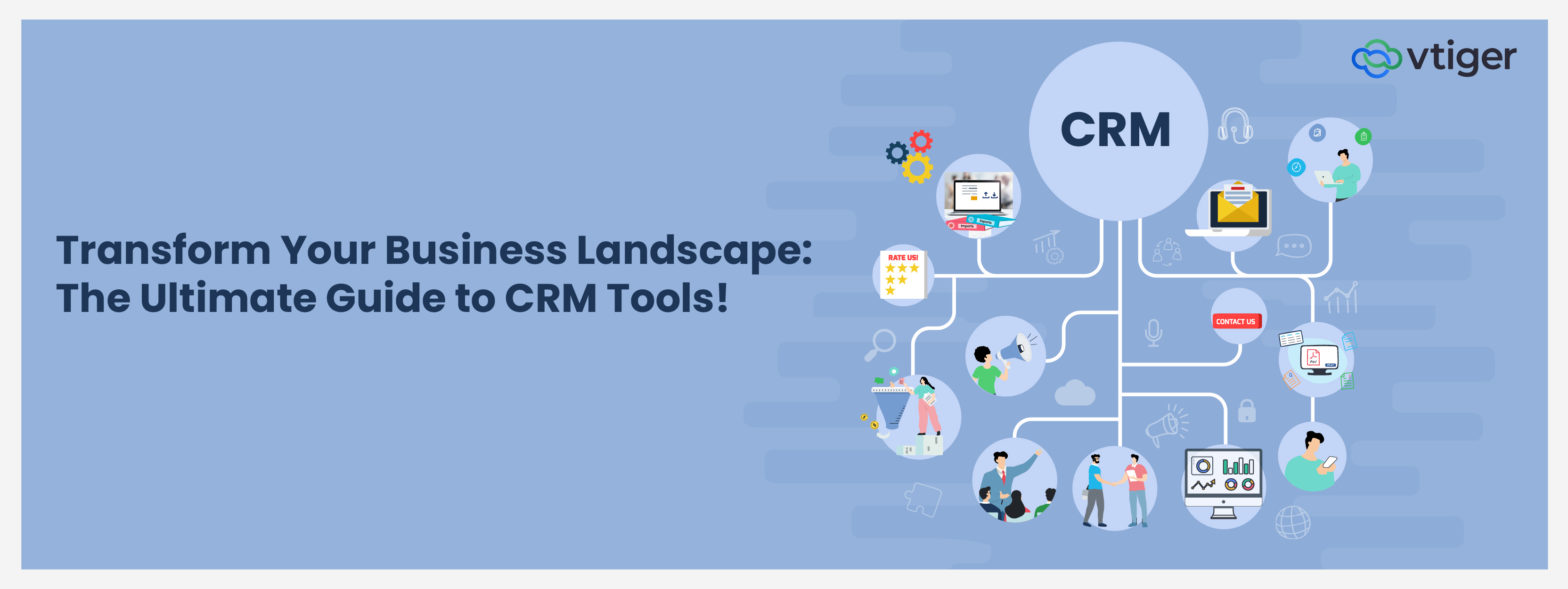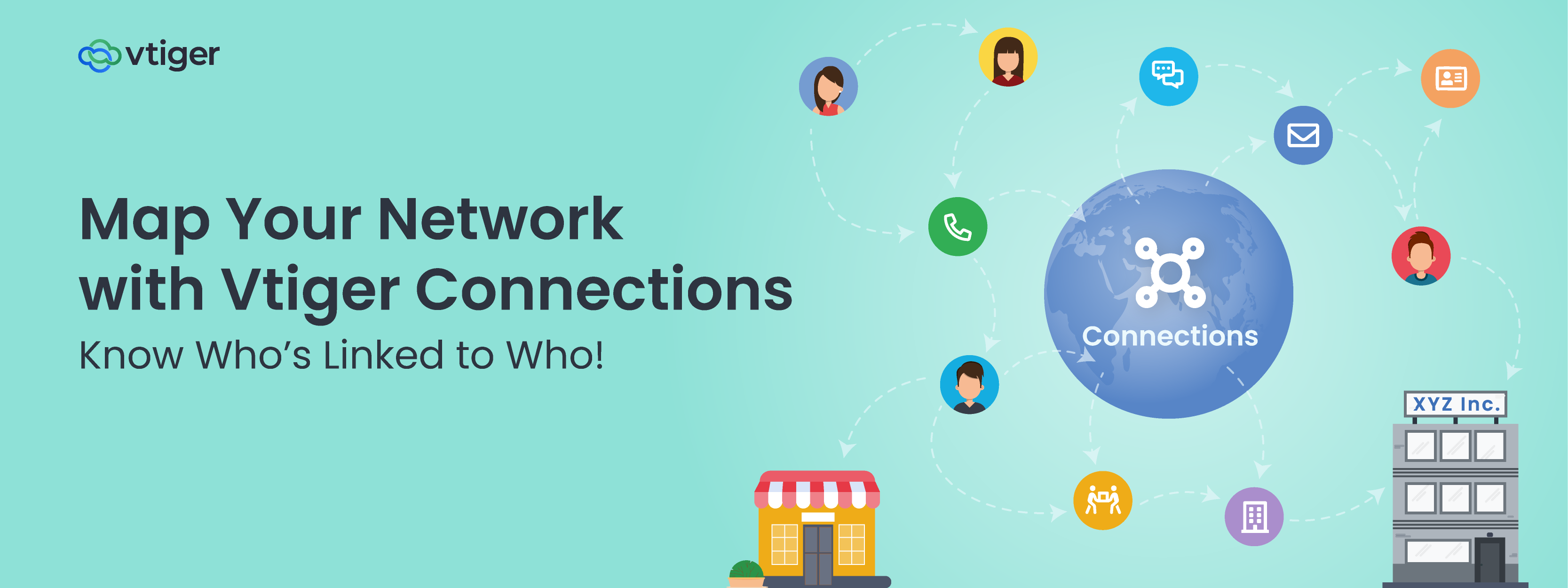Customer Relationship Management (CRM) tools are essential software solutions designed to help businesses manage interactions with current and potential customers effectively. At the root, CRM systems aim to improve business relationships, streamline processes, and enhance customer satisfaction. By incorporating various features such as lead management, sales tracking, marketing automation, and customer support, these tools help centralize all customer data.
What are customer relationship management tools?
CRM tools are software applications designed to help businesses manage interactions with current and potential customers. They centralize customer data, streamline processes, and enhance communication, enabling organizations to build stronger relationships and improve customer satisfaction. By integrating various functionalities such as sales tracking, marketing automation, and customer support, CRM tools provide a comprehensive solution for managing customer interactions through the entire lifecycle.
How CRM tools work
CRM tools function by collecting and organizing customer data from various touchpoints, such as emails, social media, and website interactions. They utilize databases to store information about customer preferences, purchase history, and communication records. Through user-friendly interfaces, these tools allow teams to access insights, automate tasks, and track performance metrics, ultimately facilitating personalized engagement and efficient workflow management across departments.
Learn more about how CRM works
What can CRM tools do
CRM tools offer a wide range of functionalities that enhance business operations. They enable businesses to track leads and opportunities, manage sales pipelines, automate marketing campaigns, and provide personalized customer service. Additionally, CRM tools facilitate data analysis and reporting, helping organizations identify trends and make informed decisions to optimize their strategies for better customer engagement and retention.
Advantages of using CRM tools
Utilizing CRM tools provides numerous advantages for businesses. They enhance collaboration among teams by centralizing customer information and streamlining communication processes. Moreover, CRM tools improve customer insights through data analysis, enabling personalized marketing efforts that increase engagement. By automating routine tasks, these tools save time and reduce human error, ultimately leading to higher efficiency and productivity in managing customer relationships.
Learn more about benefits of CRM
CRM marketing tools
CRM marketing tools are specialized features within CRM systems designed to optimize marketing efforts. They enable businesses to segment their audience based on various criteria, allowing for targeted campaigns that resonate with specific customer groups. Additionally, these tools provide analytics capabilities to measure campaign performance, track engagement metrics, and refine strategies based on real-time feedback to maximize return on investment.
Basic CRM tool capabilities for Marketing
Basic CRM tool capabilities typically include contact management, lead tracking, sales pipeline management, and task automation. These functionalities allow businesses to organize customer information effectively while monitoring interactions throughout the sales process. Basic capabilities also include reporting features that provide insights into sales performance and team productivity.
Advanced CRM tool capabilities for Marketing
Advanced CRM tool capabilities extend beyond basic functionalities by incorporating features such as predictive analytics, artificial intelligence integration, and advanced reporting dashboards. These enhancements enable businesses to forecast trends based on historical data and automate complex workflows for improved efficiency. Advanced capabilities also include multi-channel communication support that allows for seamless interactions across various platforms.
CRM sales tools
CRM sales tools focus specifically on enhancing the sales process by providing features tailored for sales teams. These tools facilitate lead scoring, opportunity tracking, and automated follow-ups to ensure timely engagement with prospects. Additionally, they offer insights into sales performance metrics that help teams identify areas for improvement and optimize their strategies for closing deals.
Basic CRM tool capabilities for Sales
Basic CRM tool capabilities in the context of sales include managing contacts and leads efficiently while providing visibility into the sales pipeline. These features allow sales teams to monitor interactions with prospects and customers while automating routine tasks such as follow-up reminders or email communications. Basic capabilities also encompass generating reports that evaluate individual or team performance against set targets.
Advanced CRM tool capabilities for Sales
Advanced CRM tool capabilities for sales involve sophisticated features such as AI-driven insights into buyer behavior and predictive lead-scoring models. These functionalities enable sales teams to prioritize leads based on their likelihood of conversion while providing recommendations for personalized outreach strategies. Advanced capabilities also include integration with other business systems like ERP or marketing platforms for a holistic view of customer interactions.
CRM customer service tools
CRM customer service tools are designed to enhance the support experience for customers by centralizing communication channels. These tools facilitate ticket management systems that track customer inquiries from initial contact through resolution. Additionally, they provide knowledge bases and self-service options that empower customers to find solutions independently while enabling support teams to resolve issues more efficiently.
Basic CRM tool capabilities for Customer Service
Basic CRM tool capabilities in customer service focus on managing support tickets and tracking customer inquiries effectively. These features allow support teams to prioritize requests based on urgency while maintaining detailed records of interactions with customers. Basic capabilities also include generating reports on response times and issue resolution rates to assess team performance.
Advanced CRM tool capabilities for Customer Service
Advanced CRM tool capabilities in the realm of customer service include AI chatbots that provide instant responses to common inquiries and predictive analytics that identify potential issues before they escalate. These features enhance the overall support experience by enabling proactive communication with customers while streamlining workflows for support agents through the automation of repetitive tasks.
CRM field service tools
CRM field service tools are specialized applications designed to manage service operations in industries requiring on-site support. These tools help organizations schedule appointments efficiently while tracking technician assignments in real time. Additionally, they provide mobile access for field agents to update job statuses or access client information directly from the field.
Basic CRM tool capabilities for Field Service
Basic CRM tool capabilities within field service management include scheduling appointments, dispatching technicians effectively based on availability or proximity, and tracking service history for each client. These functionalities ensure timely responses to service requests while maintaining organized records of past interactions or completed jobs.
Advanced CRM tool capabilities for Field Service
Advanced CRM tool capabilities in field service management involve features such as route optimization algorithms that minimize travel time for technicians or mobile applications enabling real-time updates from the field. These enhancements improve operational efficiency by ensuring timely service delivery while providing managers with insights into technician performance metrics for better resource allocation.
What to look for in a CRM solution
When selecting a CRM solution, businesses should consider key factors such as ease of use, integration capabilities with existing systems, scalability options as the business grows, and customization features tailored to specific needs. Additionally, evaluating vendor support services ensures ongoing assistance during implementation or troubleshooting processes while assessing security measures protects sensitive customer data effectively.
Conclusion
In conclusion, Customer Relationship Management (CRM) tools play a pivotal role in enhancing business operations by centralizing customer data and streamlining processes across departments. By leveraging both basic and advanced functionalities tailored for marketing, sales, customer service, or field operations; organizations can foster stronger relationships with clients while optimizing their strategies for growth. As businesses continue embracing digital transformation; selecting the right CRM solution becomes essential in navigating competitive landscapes successfully.
What makes Vtiger a leading CRM platform?
Vtiger stands out as a leading CRM platform due to its comprehensive suite of features designed to cater specifically to small- and medium-sized enterprises (SMEs). Its user-friendly interface allows users to easily manage contacts across various channels while offering robust automation options that streamline workflows across marketing campaigns or sales pipelines effectively. Additionally; Vtiger’s affordability combined with extensive customization options makes it an attractive choice among businesses looking for scalable solutions without compromising functionality or support services.
Frequently Asked Questions (FAQ)
A CRM boosts sales by streamlining the sales process, enabling teams to track leads and opportunities effectively. It provides insights into customer behavior, allowing for targeted communication and personalized outreach. Automated follow-ups and reminders ensure timely engagement, ultimately leading to increased conversion rates and higher sales performance.
A CRM system enhances customer satisfaction by centralizing customer information and enabling personalized interactions. It streamlines communication through ticket management and automated responses, ensuring timely support. By understanding customer preferences and history, businesses can tailor their services to meet individual needs, fostering loyalty and improving overall customer experiences.
A business typically needs a CRM when it struggles to manage customer relationships effectively due to growth or complexity. Signs include difficulty tracking leads, disorganized customer data, or challenges in maintaining consistent communication. Implementing a CRM can streamline processes, enhance collaboration, and improve overall efficiency in managing customer interactions.
The cost of implementing a CRM varies widely based on factors such as the chosen software, customization needs, and the number of users. Subscription-based models can range from a few dollars per user per month to several hundred for advanced features. Additional costs may include training, integration, and ongoing support.
Considering a free CRM trial is advisable as it allows businesses to evaluate functionality without upfront costs. Trials provide an opportunity to assess usability, feature sets, and compatibility with existing processes. This hands-on experience helps determine if the CRM meets specific needs before committing to a paid plan.
Determining the best Customer Relationship Management (CRM) tool depends largely upon individual business needs including industry type size scale operations required functionalities available within platforms. Evaluating tools based on ease of use, integration capabilities, and support services is crucial for finding the right fit.
CRMs are utilized across various industries, including retail, healthcare, finance, and technology. Users range from small business owners seeking better organization to large enterprises managing complex customer interactions. Any organization aiming to improve customer relationships and streamline processes can benefit from implementing a CRM system.
CRM systems are useful because they centralize customer data, enhancing organization and accessibility across teams. They improve decision-making through data analysis and reporting while automating routine tasks that increase efficiency. Ultimately, CRMs foster stronger relationships with customers by providing personalized experiences that lead to higher satisfaction and loyalty.



